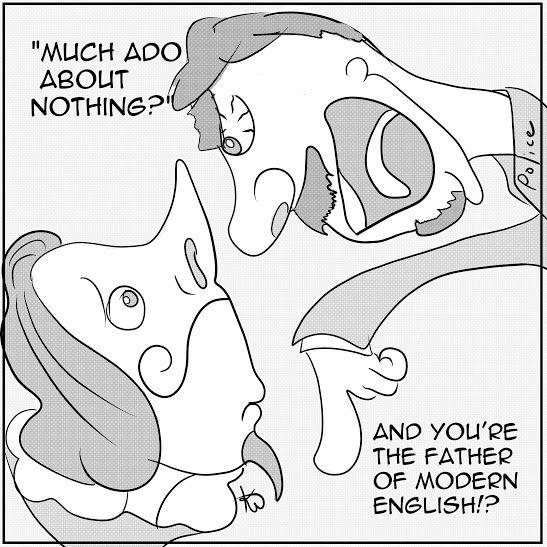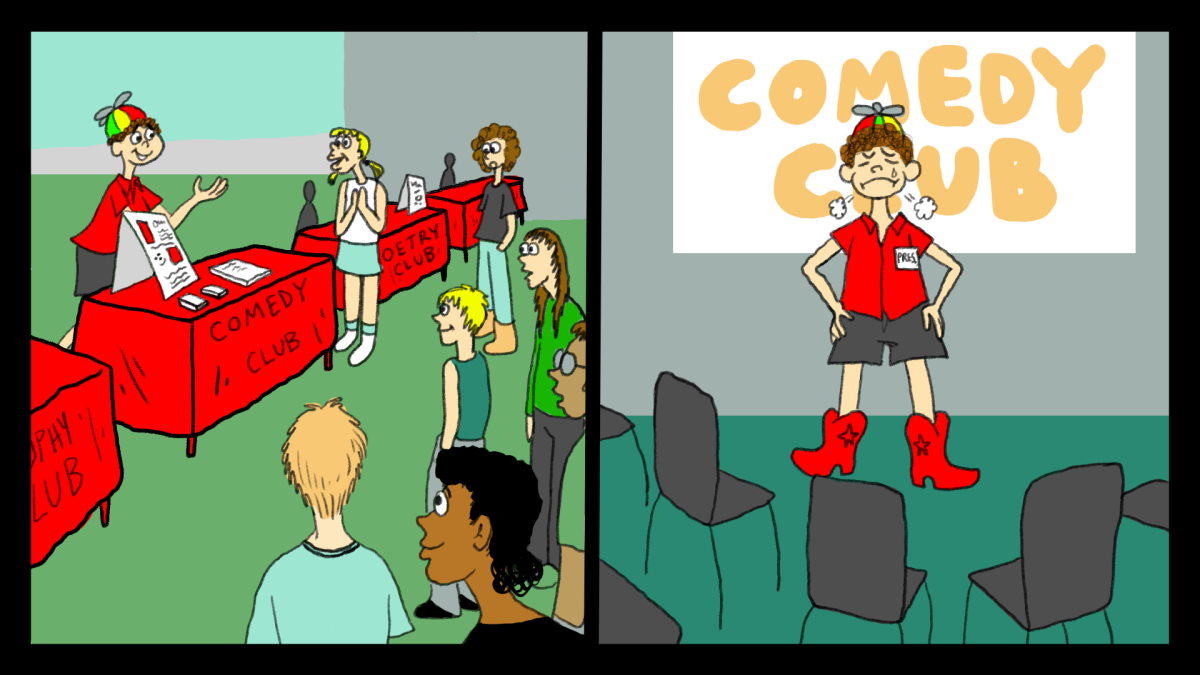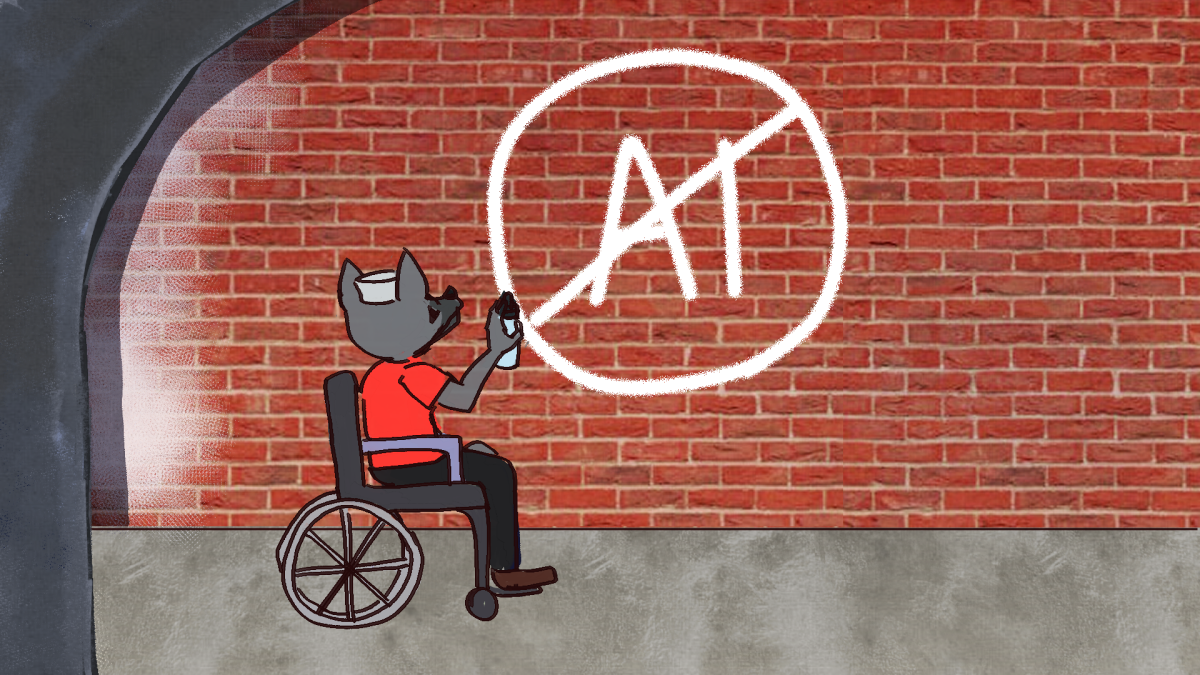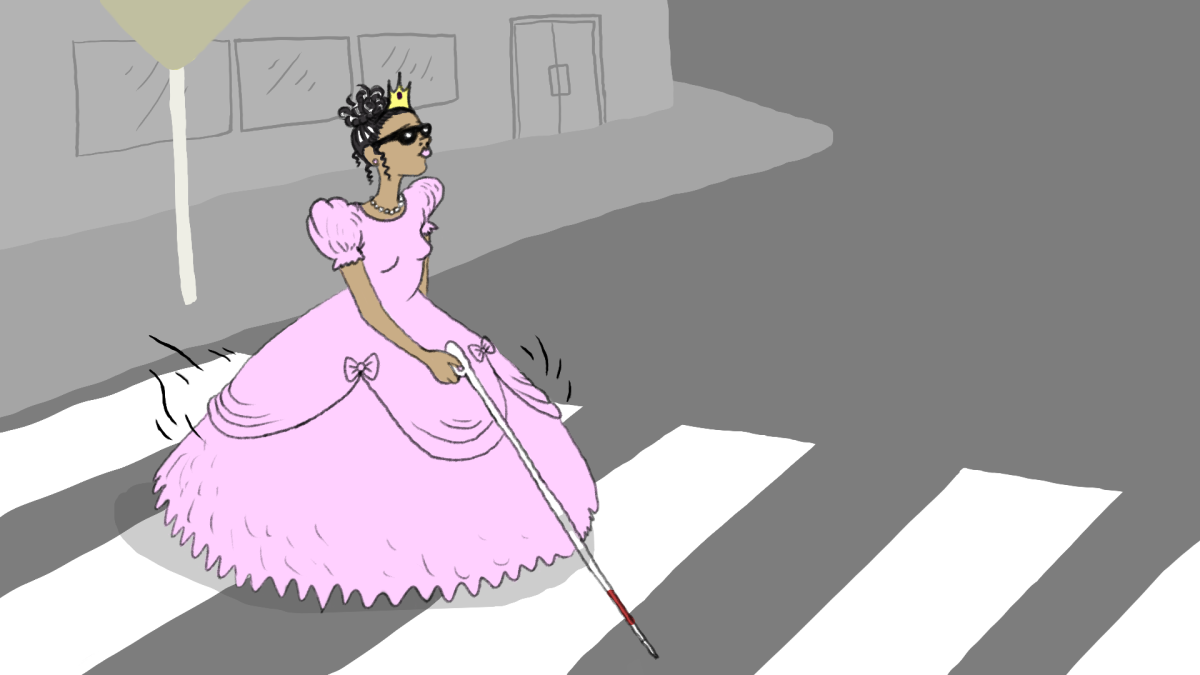Dear Grammar Police, Anyone who has spent more than an hour on the Internet has definitely encountered a member of your ranks. Together, you are an army of self-professed, sanctimonious crusaders bent on stamping out the vices of ignorance and grammatical incorrectness from message boards, social media sites and product reviews.
With a tab of dictionary.com open in your browser, you publically and extravagantly shame anyone for even the most minor infractions against your view of the pure English language. You might think you are doing this world a favor with your browbeating and your bully pulpit banging, but in reality, your ideological sins pervert language in three disturbing ways.
Firstly, especially in the volatile arguments/debates that pepper the uncountable discussion threads of the Internet, you use language as an ad hominem to undermine an argument. Rather than judging the value of the counterargument based on its rational merits, you isolate one particular “mistake” — whether it be a misplaced comma or a dangling participle — and hold it up like a head on a pike, thereby rendering your opponent rhetorically inferior.
You may think that this gives you the moral high-ground and the victor’s laurels. However, after having done debate and Model UN,
if you had tried this tactic from anywhere other than from behind your veil of anonymity, you would have been laughed right out of the room for lacking even a shred of civility.
Besides undermining the effectiveness of a dialectical discussion to achieve greater levels of truth and understanding, your protestant, prescriptivist preaching perverts our beloved language for the sake of perpetuating your dogma. The purpose of language, above all else, is to relay information based on a commonly agreed-upon set of patterns.
It is that simple. Prescriptivists, like dictators, argue that this “commonly agreed upon set of patterns” is a set of central principles that must be enforced by the legal school teachers and the extrajudicial vigilantes. For example, France has the “French Academy,” which is composed of 40 immortals, (yes, they actually call themselves that) who establish linguistic rules and standards and make decisions regarding which words are allowed to enter and exit the French language.
What is the problem with this paradigm — besides its propensity to bring about an Orwellian Newspeak? Take the express lane of the supermarket for example. You
squirm upon the sight of “15 items or less” supposedly because the determiner “fewer” ought to be used with count
able nouns while “less” is better suited for the uncountable ones. However, this “gospel truth” has its origins not in some divine context, but rather a generalization of a personal preference of a grammarian who has been dead for more than two hundred years. Besides the fact that the English language and its speakers have evolved considerably in this time, whose understanding of the grocer’s message is significantly impeded by this trivium?
The point of language is not to adhere to a long list of precise regulations, but rather to be understood by your conversational partner; a message only needs to be transferred with clarity for the mechanics of language to be successful.
Lastly, and most offensively, your prescriptivist proselytizing and public chastising makes people afraid to experiment with their language. Out of fear from embarrassment or receiving a subpar grade on an English paper, people are less likely to take chances, make mistakes and get messy with their writing. Don’t be afraid to let people play with their words.
Yours Truly,
Gabe DeCaro
Cartoon by Kelley Wheeler, junior studying marine science









